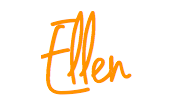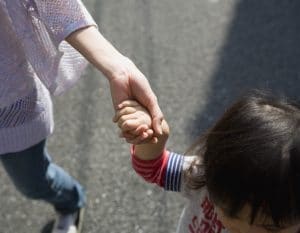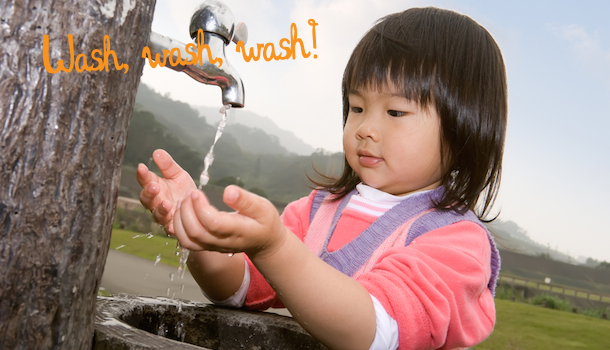
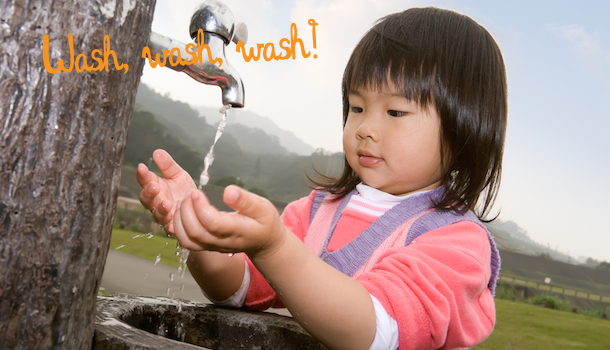
There are many reasons why it’s important to teach our children to wash their hands properly, but the most important reason is it’s the best defense against infection!
The Centers of Disease Control and Prevention (CDC) promotes hand washing as a “Do-it-Yourself Vaccine”. Many common illnesses can be avoided by effective hand washing, including Hand, Foot & Mouth, Hepatitis A, Shigelliosis, Giardiasis, Salmonella, E.coli, Novovirus and Adenovirus.
Washing your hands with water alone does not remove germs. To remove germs it’s important to wash your hands with soap and fresh running water. Whilst this does not kill germs per se it does remove them. Your best bet is to turn to a basic bar of soap (or liquid soap) as it removes 99.9% of bacteria from our hands. It’s important to expose the bacteria to the soap during the hand washing process for a minimum of 30 seconds. Antibacterial soap is no more beneficial than basic soap in the removal of germs (according to Harvard Health Publications, 2007).
It’s absolutely imperative that we teach our children to wash their hands regularly. Before eating, after going to the toilet, after patting the family pet, after sneezing or blowing their nose and before and during food preparation (if they help you in the kitchen that is!).
So now that we understand the importance of washing our hands with running water and soap, we need to discuss the techniques involved in washing our hands thoroughly. Children are inquisitive and learn well by play-based learning. Consider making up a silly song to imprint the perfect method of hand washing.
It takes only 5 easy steps and 40 to 60 seconds to prevent disease…
WET
Turn on the tap and wet your hands. Turn off the tap.
LATHER
Focus on palms, back of hands, between fingers and under nails.
RUB LIGHTLY
Rub the soap – for 20 seconds.
RINSE
Rinse off the soap with running water.
DRY
Use paper towel or fresh dry hand towel (Note: hand towel needs to be replaced daily to reduce buildup of bacteria).
Just remember, we are surrounded daily by bacteria, fungi, virus and parasites and some of these are healthy to the balance of our body systems. Bacteria only become a problem when it’s in the wrong place. In this case, prevention is definitely better than cure.
If we can install good hygiene habits in our children from a young age we’ll go a long way in helping their development and keeping them as healthy as possible!
Ellen Loveday is a mother of 2 and was born in Australia. She’s lived in Singapore for 2½ years. Currently she is in her final year of a Bachelor of Science (Biotechnology) with RMIT, Melbourne. Ellen thrives on knowledge and believes knowledge is power – so let’s power up!






 View All
View All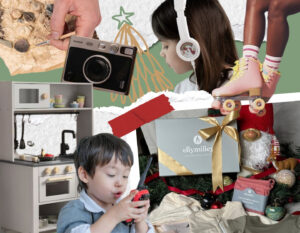



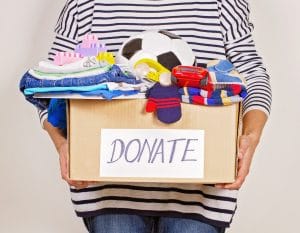

 View All
View All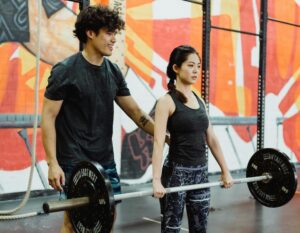

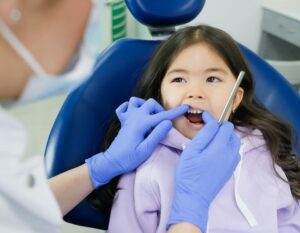









 View All
View All



